I've run this two queries using mysql work bench:
SELECT bussId FROM tempBusiness order by bussId ASC limit 250000 ,1SELECT bussId FROM tempBusiness order by bussId ASC limit 1 ,1
The first one doesn't finish running, the second one returns the bussId very fast (0.096 sec / 0.000016 sec).
Here is the explain for the above two queries:
1.

2.

What may be the problem ?